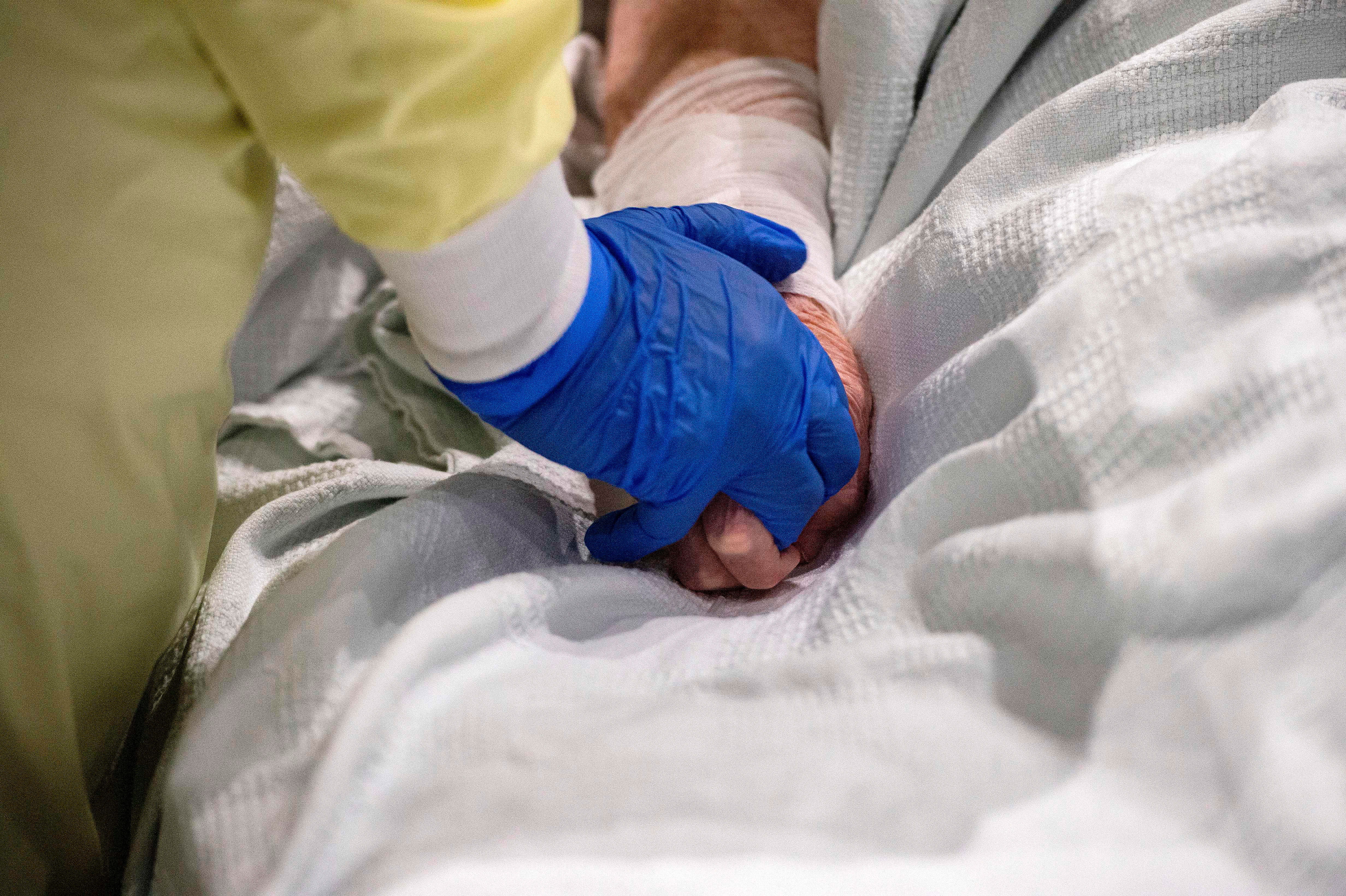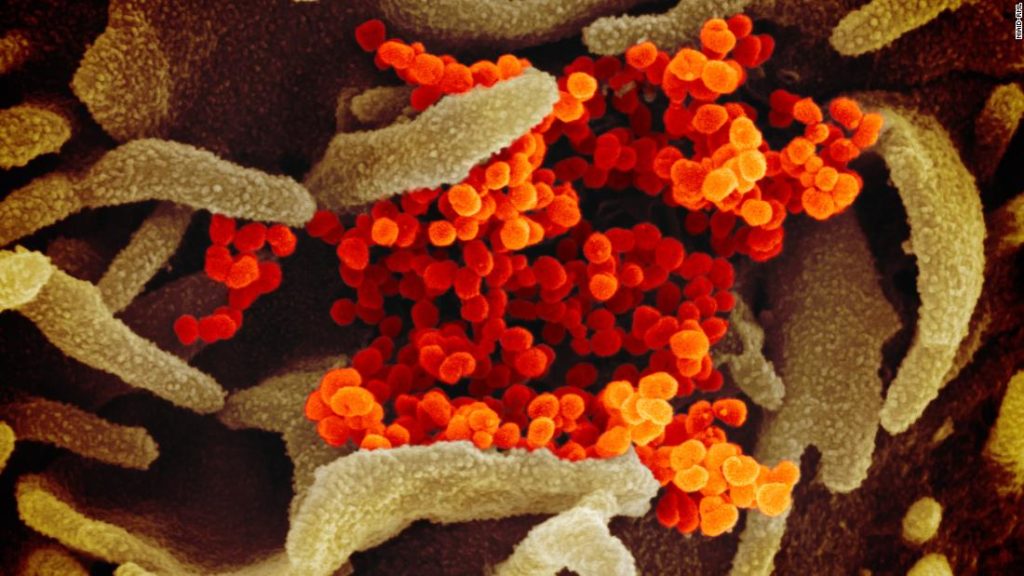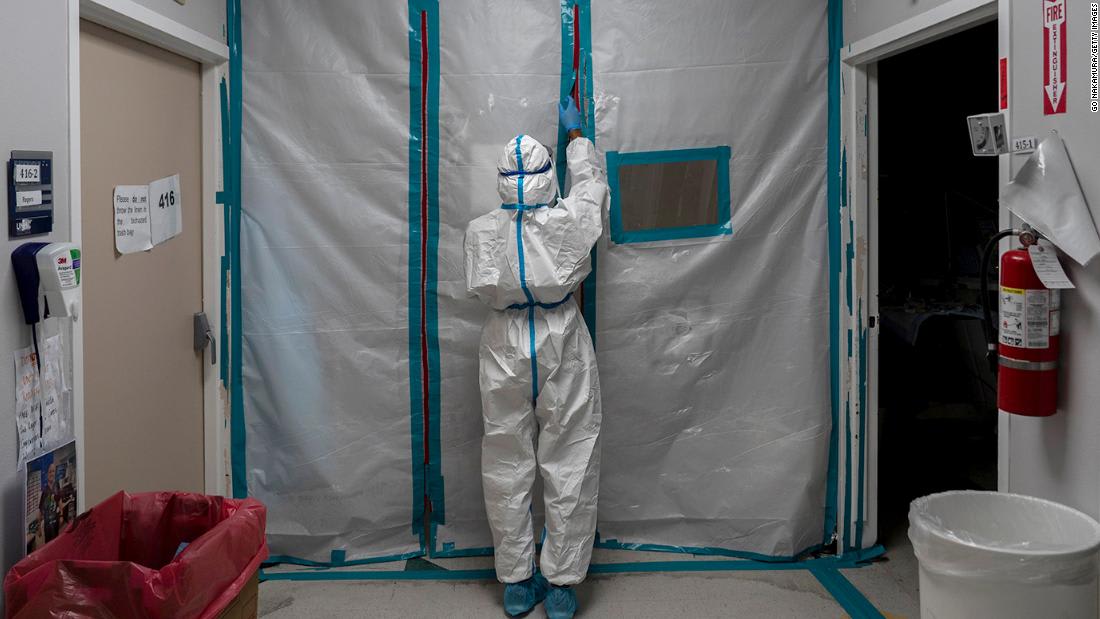
Today marks one year since the announcement of the first patient with Covid-19 in the United States.
Over the course of the last year, one patient has grown exponentially into 24 million confirmed in the US alone — a number that is surely only the tip of the iceberg, the cases we know about.
Anniversaries are a time to reflect, to look back on this experience and assess what we got right versus what we got wrong.
We got a few big things right: We made remarkable progress in scientific and medical arenas, like developing protocols and therapeutics — both repurposed and new — for people who got sick. Most notable of all, we managed to develop several vaccine candidates and even authorized two with astonishing speed.
But we also got too many things wrong: Most consequentially and tragically the public health basics, the things that are far easier to do but not as flashy: wearing a mask and staying physically distanced from those not in our household. We eschewed the inexpensive mask that slips on easily, yet embraced the billion-dollar breakthrough vaccine that takes a Herculean effort to develop and distribute.
The truth is, especially for many of us in the developed world, we want science to rescue us — but it can’t rescue us from ourselves; our own human nature. And our human nature is not good at dealing with what it can’t see.
Looking forward, I am optimistic, medically-speaking. I think once most of us are vaccinated, SARS-CoV-2 will become like the other circulating coronaviruses, an annual nuisance but not an existential threat.
The image of the United States as a public health leader, however, has been tarnished by the events of the last year and its inability to control the pandemic at home. It’s a fact, and we can’t spin the statistics to our advantage: We have 4% of the world’s population but 25% of known Covid infections and 20% of deaths. Can the US Centers for Disease Control and Prevention, the country’s premier public health agency, regain some of its lost prestige domestically and abroad? I believe with hard work and time, it can.
But beyond that, the country will be scarred psychologically and emotionally for a long time, especially the people who have lost family members to Covid-19, the health care workers who fought tirelessly — sometimes in the face of disbelief or worse — to care for the sick, the children of all ages who lost a year of school and struggled to catch up, the families who lost income from layoffs or suffered other economic catastrophes, the owners who had to shutter their businesses. The list goes on.
Read more here:
You may also like
-
UK coronavirus variant has been reported in 86 countries, WHO says
-
NASA technology can help save whale sharks says Australian marine biologist and ECOCEAN founder, Brad Norman
-
California Twentynine Palms: Explosives are missing from the nation’s largest Marine Corps base and an investigation is underway
-
Trump unhappy with his impeachment attorney’s performance, sources say
-
Lunar New Year 2021: Ushering in the Year of the Ox


